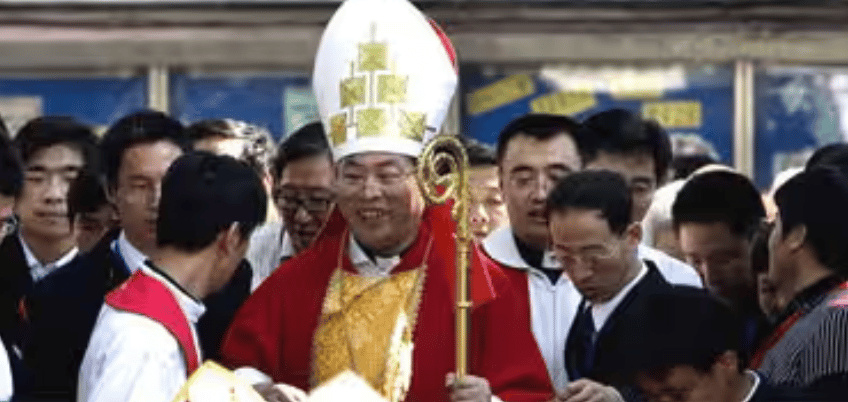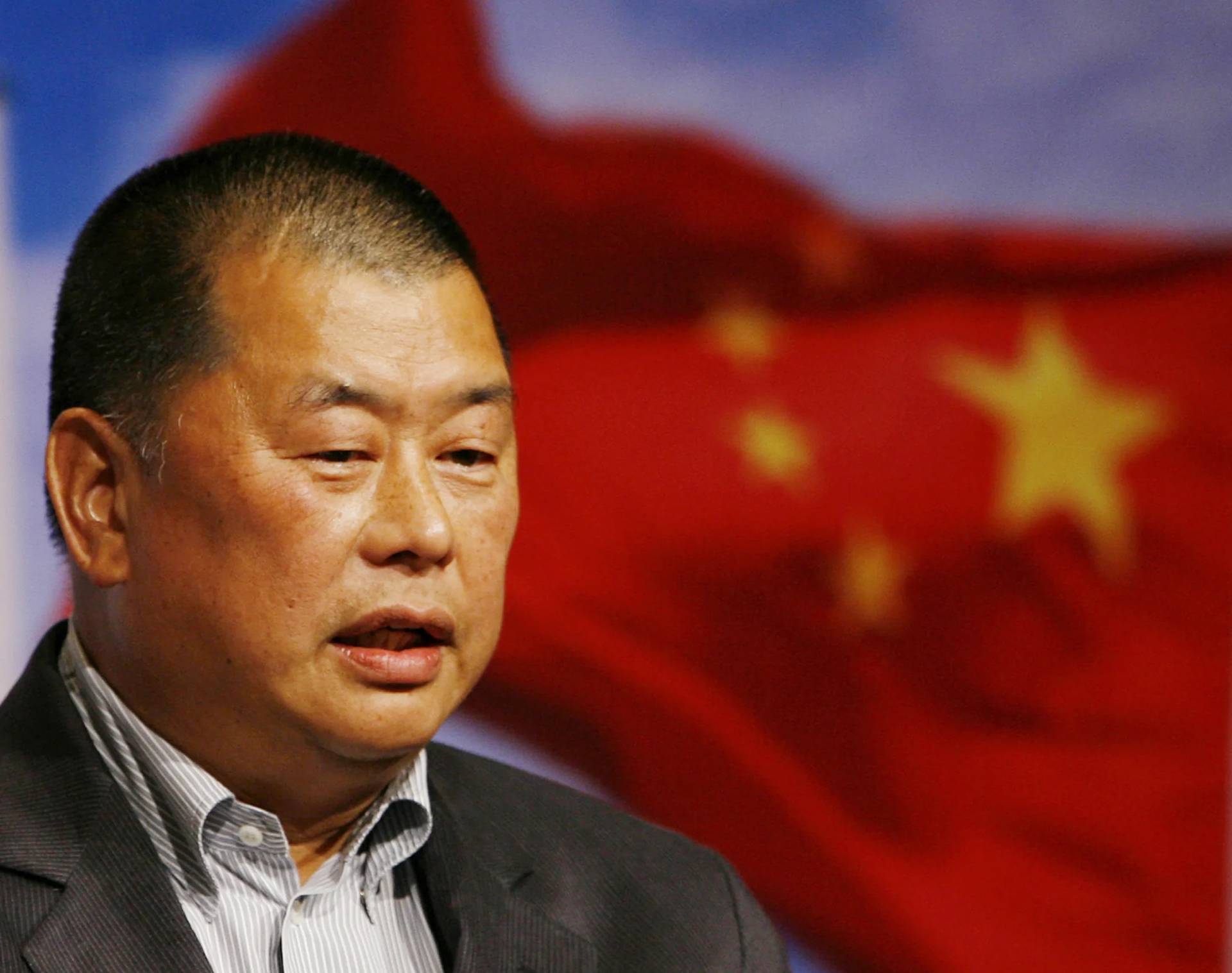ROME –Bishop Joseph Li Shan of Beijing will visit Hong Kong later this month, according to a Friday announcement by the diocese, following a similar visit of Hong Kong’s Cardinal Stephen Chow to mainland China earlier this year.
In a brief statement, the Diocese of Hong Kong said that in accepting an invitation from Chow, Li Shan will make a 5-day visit to Hong Kong beginning Nov. 15.
“During this reciprocal visit, Bishop Li will meet with the Bishop of the Diocese of Hong Kong and different diocesan offices to promote exchanges and interactions between the two dioceses,” the statement said.
Li is president of the state-sponsored Chinese Patriotic Catholic Association (CPCA), which has transferred and appointed bishops without Rome’s approval, despite a 2018 agreement on episcopal appointments.
Friday’s announcement signals the latest in a series of steps taken by Chow and Vatican officials to bolster ties between mainland China and the church abroad.
Chow, who was appointed as Bishop of Hong Kong in 2021 and who was made a cardinal by Pope Francis on Sept. 30, has frequently spoken of the need to “build bridges” with China and has voiced his desire for Hong Kong to be a “bride-building” church, promoting cordial exchanges between Rome and the state-run church on the mainland.
He made a five-day visit to Beijing from April 17-21, marking a significant milestone, as it was the first time a Hong Kong bishop traveled to Beijing since 1985, when Hong Kong was still a British colony.
For decades, Hong Kong has been a Catholic stronghold on the edge of mainland China, where Catholics and members of other religions have at times faced persecution under the officially atheist Chinese Communist Party rule.
Chow during his visit met with Li and other mainland church officials and visited the tomb of famed Jesuit missionary in China Matteo Ricci, declared Venerable by Pope Francis in December. He also made stops at various initiatives run by state-sponsored church entities.
For years, the Vatican has sought to establish stronger ties with China, and in 2018 they signed a provisional agreement with the Chinese government on the appointment of bishops aimed at unifying the official, government-sanctioned church and the so-called “underground” church loyal to Rome.
While that deal has repeatedly been violated by Chinese authorities, Pope Francis has gone to great lengths to reach out to China, praising them publicly and sending clear messages of assurance during his Aug. 31-Sept. 4 visit to Mongolia.
During the pope’s Mongolia visit, Chow, as he has in the past, voiced hope that “Hong Kong will have a mission of being a bridging Church.”
Ahead of the Sept. 30 consistory in which he got his red hat, Chow voiced his belief that the Vatican’s approach to dialogue with China is working, and that perceptions it is “naïve” are wrong.
Referring to his own visit to Beijing in April, Chow said further mutual visits were being planned, and hinted that something was on the books for November.
“The more we go, we will have more contacts,” he said on that occasion, saying he personally “will probably go into China to visit other dioceses, that’s for sure, because they invited me, they said come, see all the dioceses if you want. That’s very generous of them.”
However, with 97 dioceses, Chow said he doubted that he would have time to visit all of them but said any future visits he makes would be “just to know more, to see how we can have more exchange.”
He said exchanges were already being planned with the Diocese of Beijing “to see how we can have more collaboration, in the formation of clergy, etc. There’s a lot to build on, it’s very exciting. And we pray, we always have to,” he said.
“People will say that we’re naïve, but we always have to have some optimism, some positive things,” Chow said, saying, “They also have good people, they also have goodwill, they also want to see something good happening, and we do.”
“So, when the good meet together and encounter, beautiful things can happen,” he said.
During last month’s Synod of Bishops on Synodality, two bishops from mainland China participated in the first part of the gathering but left roughly halfway through, due to what the Vatican said were pastoral needs in their dioceses.
On their presence at the synod, Chow ahead of the Sept. 30 consistory said it was “a positive sign from the Church in China and the government.”
In July, when the Vatican announced its decision to formalize the unauthorized transfer of a Chinese bishop to the diocese of Shanghai, Secretary of State Italian Cardinal Pietro Parolin released an interview with Vatican News, the Vatican’s state-run media platform, suggesting that an official liaison office be established in Beijing to enhance contact and mutual collaboration.
Follow Elise Ann Allen on X: @eliseannallen












